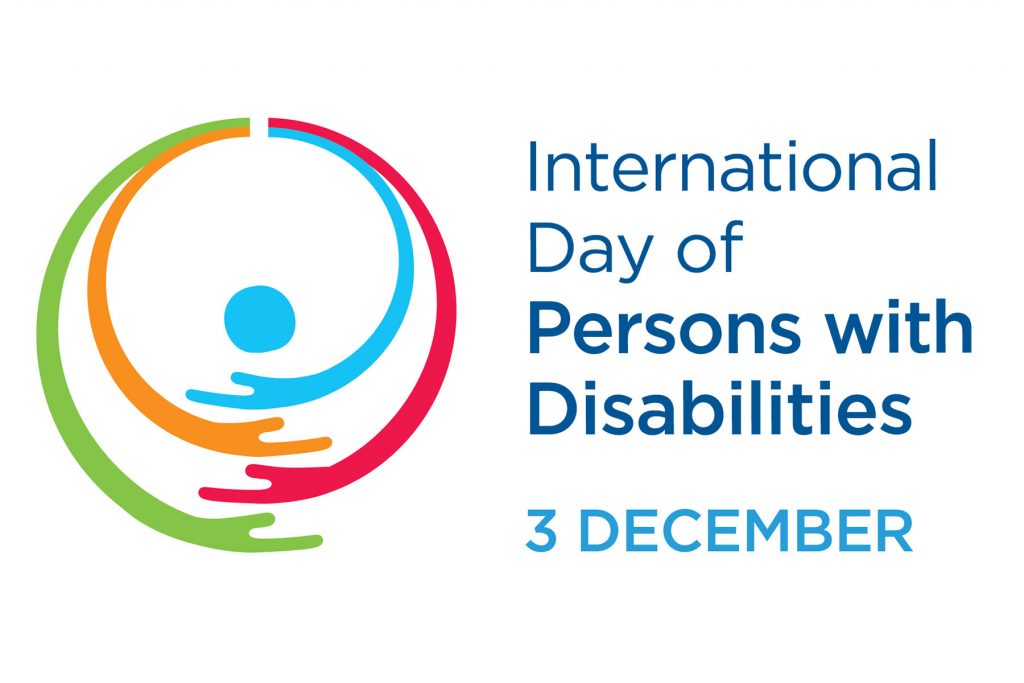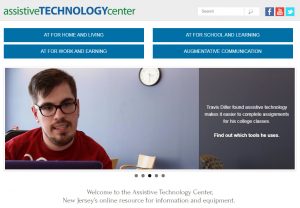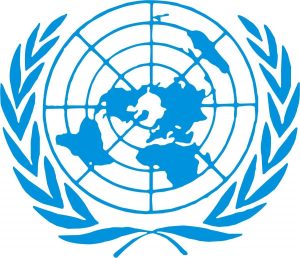
Throughout the year, most awareness months and days are on a national scale. The U.N. International Day of Persons with Disabilities (IDPD) is different. IDPD is a global effort to raise awareness and promote advocacy. The theme this year is “Promoting the participation of persons with disabilities and their leadership.” That entails self-determination—empowering people with disabilities themselves to bring about those changes that will enable them to participate fully in society is key to realizing this objective.
“When we secure the rights of people with disabilities, we move closer to achieving the central promise… to leave no one behind,” says António Guterres (UN Secretary-General) on IDPD 2019. “We have seen important progress in building an inclusive world for all.” Toward this objective, Secretary Guterres this July launched the U.N. Disability Inclusion Strategy, “to raise our standards and performance on disability inclusion…. The Security Council for the first time adopted its first-ever resolution dedicated to the protection of persons with disabilities in armed conflict. In doing so, he reaffirmed his dedication to “build a sustainable, inclusive, and transformative future, in which everyone… can realize their potential.”
 And, for many people with disabilities, assistive technology can play a significant role among individuals in realizing their goals to be a part of all aspects of society—at home, in the community, at work, at school, and at play.
And, for many people with disabilities, assistive technology can play a significant role among individuals in realizing their goals to be a part of all aspects of society—at home, in the community, at work, at school, and at play.
Furthermore
Furthermore, the larger objective of the International Day of Persons with Disabilities is to raise awareness of all types of disabilities and dispel archaic ideas and stereotypes and stigma, as these are often “the greatest barrier to their full and equal participation in society and development on an equal basis with others.” Moreover, over the course of our lives, most of us will become disabled to some degree.
The International Day of Persons with Disabilities recognizes not only physical disabilities, but also mental, cognitive, and emotional disabilities. Already a vulnerable group, these people, often face discrimination in employment and other areas of daily living or, at the very least, confront considerable hurdles to accomplishing these tasks effectively.
Looking Back: Before There Was an International Day of Persons with Disabilities
Soon after the U.N. was formed, the General Assembly in 1948 produced the Universal Declaration of Human Rights. This document was the first global statement of human rights and dignity.
1981 was the U.N. International Year of Disabled Persons. According to the U.N., the theme of was “full participation and equality,” defined as “the right of persons with disabilities to take part fully in the life and development of their societies, enjoy living conditions equal to those of other citizens, and have an equal share in improved conditions resulting from socioeconomic development.”
The United Nations Decade of Disabled Persons started two years later, in 1983, and ran through 1992. Governments and organizations worldwide were encouraged to undertake measures to improve the lives of people with disabilities. During the final year, U.N. General Assembly proclaimed December 3 as the International Day of Disabled Persons. In 2008, the name was changed to International Day of Persons with Disabilities.
 The U.N. efforts address the current status of the U.N. Convention on the Rights of Persons with Disabilities, an international treaty comprising eight principles:
The U.N. efforts address the current status of the U.N. Convention on the Rights of Persons with Disabilities, an international treaty comprising eight principles:
- Respect for inherent dignity, individual autonomy including the freedom to make one’s own choices, and independence of persons
- Non-discrimination
- Full and effective participation and inclusion in society
- Respect for difference and acceptance of persons with disabilities as part of human diversity and humanity
- Equality of opportunity
- Accessibility
- Equality between men and women
- Respect for the evolving capacities of children with disabilities and respect for the right of children with disabilities to preserve their identities.
Accessibility, inclusion, non-discrimination, and opportunity are all the very values we embrace in our mission of enhancing the lives of people with all disabilities.
Inclusion is a critical step in enhancing the lives of people with all disabilities, enabling them to fully participate in society.


